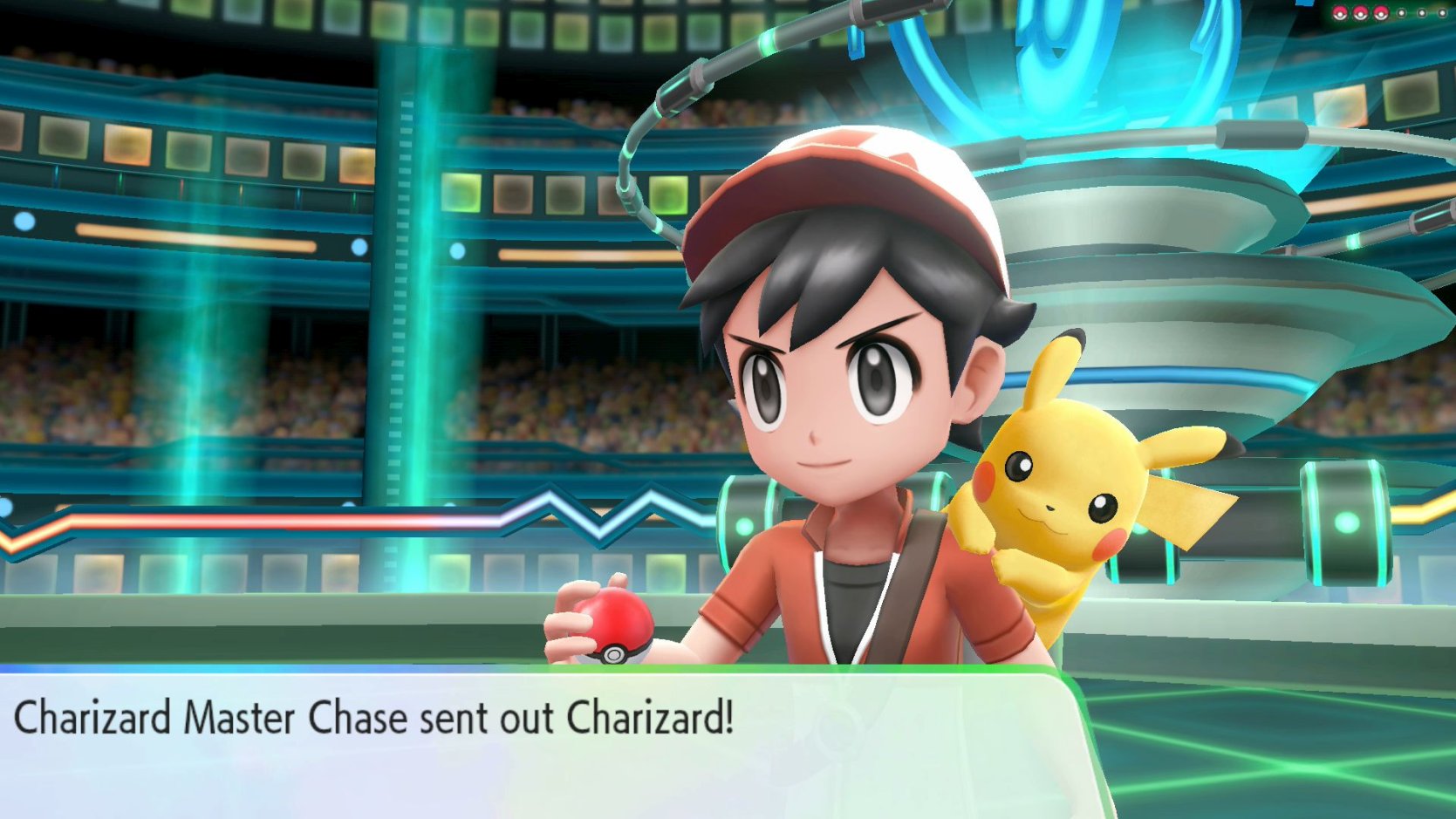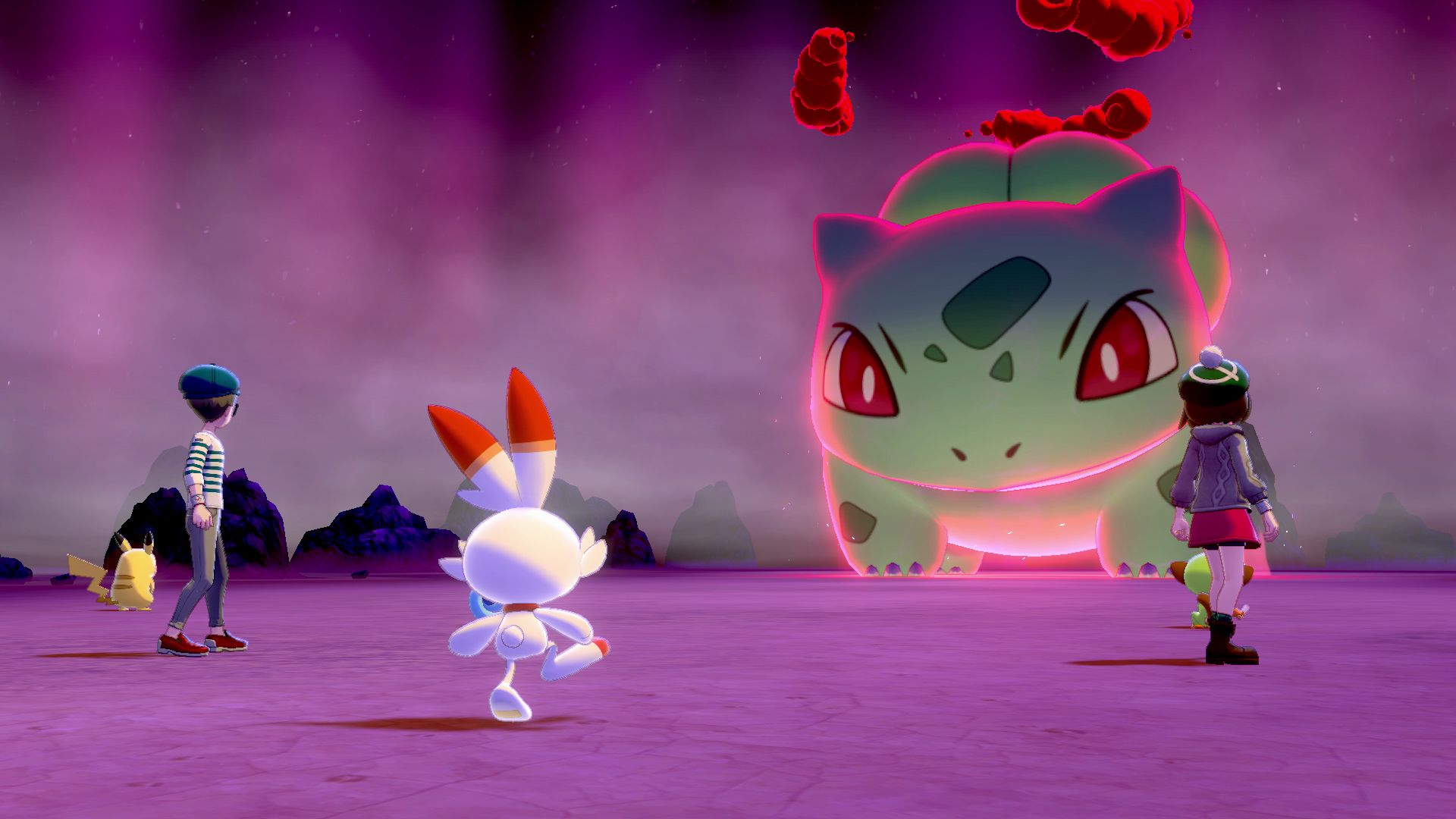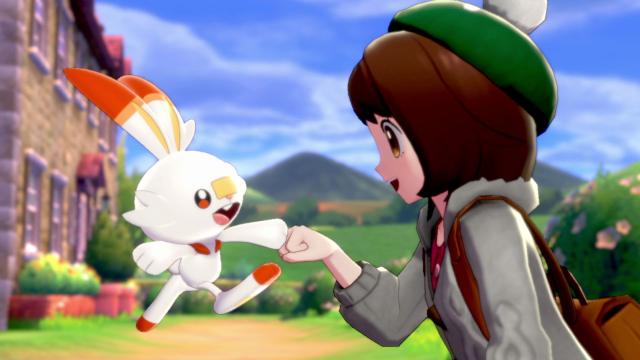In the Pokémon universe, it’s customary for small children to receive a beast capable of levelling cities before leaving the comforts of home to embark on an arduous journey across varying regions. During their travels, they stop organised crime rings, topple champions with years of experience, and even capture deities to use in battle. For some, the Pokémon universe is too outlandish and unpredictable to enjoy. For me, the wild landscapes of Pokémon act as my comfort space.
My first foray into the wonderful world of Pokémon began when I was three, after my older brother reluctantly gave me one of his brand-new cards at my mother’s request. At the time, I had no idea what he was holding, just that it was something new and exciting that I needed to have because my brother had it. Staring at the Machop in my hands, I could not imagine how a single card would be the catalyst for my obsession with and adoration of Pokémon.
Growing up with a disability wasn’t easy. At 13 months old, I was diagnosed with spinal muscular atrophy type II, a neuromuscular disorder which progressively weakens muscles over time. I was never able to enjoy the typical activities that occupy the attention span of most children. Yet, despite my physical limitations, I could relate to my peers through video games. Battling and trading Pokémon with friends helped me bridge the gap when afterschool activities were too inaccessible. The simplistic control schemes of the video games let me play without assistance from others, thus letting me claim some semblance of independence.
While I thoroughly enjoyed the socialisation aspects of playing the games, my true connection with the series began during several particularly long hospitalizations. As a young child, I spent several extensive periods within the walls of my local Children’s Hospital. The ICU ward became a second home during my younger years, after two surgeries and numerous brutal infections and viruses. The staff were always gracious and kind, but no number of pleasantries could remove the physical and emotional pain of daily needles and uncomfortable procedures. Even with my parents at my side, I had no escape. That is, until I played Pokémon.

With my already limited strength, holding my Game Boy forced me to focus on pressing the correct buttons rather than the pain stemming from multiple IVs. More importantly, each game provided a goal that I could actively achieve between tests. Setting myself a personal task, like catching a specific Pokémon or collecting a gym badge before varying mealtimes, not only broke up the monotony of each day, but also let me feel a sense of peace in a chaotic and scary environment. During those brief escapes, I was no longer a sick child in a strange room. Instead, I was a Pokémon trainer on a quest to become the very best.
As the Pokémon series evolved (no pun intended) to include new games, I eagerly embarked on each new adventure. While I always enjoyed supporting my favourite franchise, I also knew that each generation would provide new goals and challenges that I could accept during times of emotional or physical distress. Throughout high school and college, I regularly replayed older and newer Pokémon games to combat teenage angst, depressive episodes, or the realisation that my disease was actively progressing, further stripping me of what little independence remained. The strange creatures and colourful regions were one of the few constants in my life, something that is so rare for disabled individuals.
In April 2013, during my freshman year of college, my mother was diagnosed with a meningioma, a noncancerous brain tumour. Throughout the entire month, she underwent an extensive surgery to remove the tumour, followed by several weeks in the hospital due to recovery and treatment from two cerebral spinal fluid leaks (basically, her brain was leaking) and a meningitis infection. Not only did I not have my mother, I also lost my primary caregiver. Within what felt like an instant, my entire life and way of living was completely upended by a surprise guest in my mother’s brain. I needed to take a temporary leave of absence from school, as well as endure a revolving door of family and professional nurses, while my father tended to my mother in the hospital.

The only thing that kept me grounded were my Pokémon games. I spent every day devising new teams, hunting for new Pokémon or simply browsing varying forums and sites. I let the series consume me because it was the only way to prevent me from exploding into a blubbering, incoherent mess. Even after my mother came home, her restrictions still prevented her from resuming her usual routine. As a result, my new, temporary routine transitioned into one solely focusing on Pokémon. I created my own schedule of catching, training, and researching to not only keep myself focused, but also allowing my mother to do as little as physically possible. As long as I was occupied in the virtual world, she could rest in the real world.
As normalcy returned, I finished college, enrolled in and successfully completed grad school, and began a career as a disabled video game journalist. Throughout every obstacle, I had Pokémon at my side. Even now, as I write my articles, I’m surrounded by Pokémon posters, statues, and plushies that adorn my shelves and walls, acting as a constant reminder that no matter the challenge, no matter the obstacle, I will always have my Pocket Monsters to keep me comforted.
Grant Stoner is a video game journalist who analyses and highlights the industry from a disabled perspective. You can read more of his work on IGN, Launcher, and Can I Play That, and follow his thoughts on Twitter @Super_Crip1994.

Leave a Reply